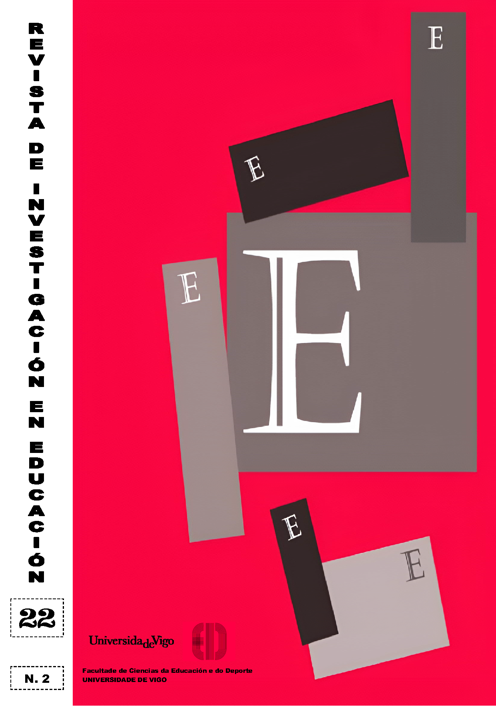Desarrollo y evaluación de un Ambiente Virtual de Aprendizaje para fortalecer los conocimientos matemáticos en la enseñanza de circuitos en programas de ingeniería
DOI:
https://doi.org/10.35869/reined.v22i2.5383Palabras clave:
Circuitos, Ambiente virtual, Evaluación Predictiva, Validez, ConfiabilidadResumen
Se diseñó e implementó un ambiente virtual de aprendizaje para mejorar las habilidades matemáticas de los estudiantes de Ingeniería que cursan la asignatura de circuitos en la Facultad de Ingeniería de la Universidad Autónoma de Baja California. El contenido del AVA se basó en las habilidades y conocimientos matemáticos que requieren los estudiantes para tener un desempeño académico adecuado en la clase de circuitos y las necesidades identificadas por académicos de ciencias básicas e ingeniería eléctrica. La metodología de construcción del ambiente virtual de aprendizaje implicó la configuración de un diseño de instrucción para la elaboración virtual de los módulos de instrucción que motivan al estudiante la utilización de los recursos didácticos proporcionados. La puesta en escena del ambiente virtual de aprendizaje se llevó a cabo en la plataforma institucional BlackBoard durante el ciclo escolar 2023-1, con 47 estudiantes voluntarios. Se encontró una correlación positiva de 0,51 entre las calificaciones en las actividades del entorno y las calificaciones finales en circuitos. El tiempo dedicado al entorno fue crucial, ya que el 77% de los estudiantes que invirtieron al menos el 70% del tiempo destinado a la realización del AVA acreditaron la asignatura de circuitos. Estos resultados proporcionan valiosa información para mejorar la enseñanza y el rendimiento de los estudiantes.
Descargas
Publicado
Número
Sección
Licencia
Derechos de autor 2024 Revista de Investigación en Educación

Esta obra está bajo una licencia internacional Creative Commons Atribución-NoComercial-SinDerivadas 4.0.
El copyright de los artículos publicados pertenece a la Facultad de Ciencias de la Educación y del Deporte de la Universidade de Vigo. La aceptación del trabajo para su publicación implica que los derechos de impresión y reproducción serán propiedad de la Revista. La revista permite al autor depositar su artículo en su web o repositorio institucional, sin ánimo de lucro y mencionando la fuente original. Las condiciones de uso y reutilización de contenidos son las establecidas en la licencia Creative Commons CC BY-NC-ND 4.0 (Reconocimiento - No Comercial - Sin Obra Derivada).



